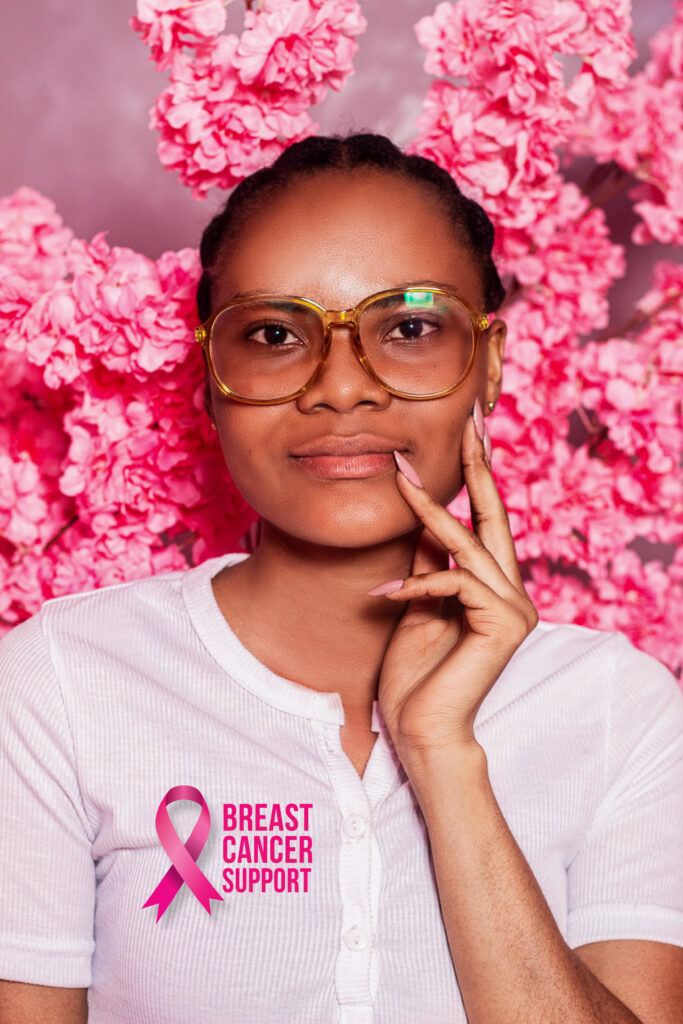As Pinktober draws to a close, we take a moment to shine a light on the stories of breast cancer survivors. These stories highlight the importance of early detection, support, and strength in the face of adversity.
Breast Cancer Statistics Simplified.
Stephen Edge, from the Roswell Park Comprehensive Cancer Center, highlights the positive news about breast cancer. Most women with breast cancer get effective treatments and can live fulfilling lives. Even small tumours found through mammograms allow over 99% of women to survive at least five years, and many are cancer-free for more than a decade.
Even when cancer has reached lymph nodes, about 85-86% of women are doing well after five years, with most staying healthy after ten years. Doctors use factors like tumour size, lymph node status, and how cancer looks under a microscope to plan the right treatment.
Three specific proteins in the cancer cells help predict how the cancer might spread and guide treatment choices. Overall, the outlook for breast cancer patients today is much brighter than before. In the past 30 years, the death rate from breast cancer has dropped by 35-40% thanks to better early detection and treatments.
While the battle isn’t over, there’s been significant progress, and ongoing research and clinical trials are essential to keep fighting breast cancer effectively
Olivia’s Story.
Olivia is a professional dancer whose life took an unexpected turn on her 26th birthday when she noticed unusual bleeding. Her determination led her to request a mammogram despite her age and lack of risk factors. It revealed DCIS, the earliest stage of breast cancer. Undergoing surgery, Olivia’s doctors found a stage one tumour, requiring chemotherapy.
Breast cancer in women under 40 is rare, but it affects 12,000 women annually, leading to unique challenges. Olivia’s personal experience led her to establish “540,” an organization supporting women under 40 battling breast cancer with medical, emotional, and beauty services.
These services help women through various aspects of the disease, including dating, post-mastectomy appearance, and more.
Breast cancer may be less common in younger women, but it can be more aggressive, indicating the need for self-awareness and early detection.
Men Ought To Care.
Dave, discovered a concerning lump one morning while in the shower. Although he initially thought it was nothing to worry about, his wife encouraged him to consult his doctor. When the doctor recommended further examination, a biopsy revealed the unexpected diagnosis of breast cancer in January.
Without a family history of breast cancer, Dave regarded it as a rare occurrence that could happen to anyone. He emphasized that cancer doesn’t discriminate by gender; it’s simply a disease that affects people regardless of their sex. Dave’s journey with cancer has been a marathon, not a sprint, and he advises others not to let it define them. He encourages a positive mindset, believing that where the mind leads, the body and healing will follow.
Dave also stressed the importance of having a support person attend medical appointments, as they can help keep track of crucial information provided by the medical team. Initially a private individual, Dave’s perspective changed when a colleague overheard his conversation with a doctor and offered support.
This experience inspired him to be open about his battle with breast cancer, particularly to encourage men to perform self-examinations. He supports early detection and encourages others to be vocal about their experiences to raise awareness that breast cancer can affect men as well.
Despite the bumps in the road, Dave remains resolute, knowing he found the condition early and is supported by a dedicated team of healthcare professionals.
Transitioning To Life After Survival.
There’s a growing number of breast cancer survivors, bringing hope as breast cancer death rates have decreased over the past 30 years. However, life after treatment can be a challenging transition.
Aisha, a mother of four, faced stage two breast cancer with her husband as her primary caregiver. Their family and friends supported her through surgery, chemotherapy, and radiation. After being declared cancer-free, she struggled with the fear of a recurrence.
As survivorship becomes more common, many women find that the support they receive during treatment gradually wanes. The community that once provided casseroles and assistance diminishes, and life takes on a different shape. Doctors advise creating a survivorship plan and adapting to this phase, which can be complicated as bodies change, and reminders of the battle persist.
Clinical psychologist and breast cancer survivor Christina stresses the need for more resources during the transition from treatment to recovery. She believes that medical communities should offer support and guidelines for long-term care.
Survivors like Aisha and Christina use social media to form a community where they can express their real experiences. They don’t need to be strong warriors all the time but can openly share their challenges.
For survivors seeking post-treatment support, numerous online groups and organizations, such as CancerCare.org, the American Cancer Society, and Susan G. Komen, provide resources and connections. The journey after breast cancer treatment can be tough, but it’s made easier with the support of a caring community and the freedom to be authentic.
Conclusion.
Breast cancer touches the lives of many, but stories of resilience and hope shine through. Survivors like Aisha, Dave, and Olivia show us the strength that can emerge from adversity. Early detection and support are vital in the battle against breast cancer. A united front, guided by medical professionals like Stephen Edge and organizations like “540,” offer a helping hand along this challenging journey.





